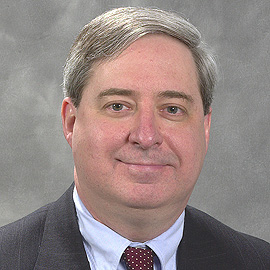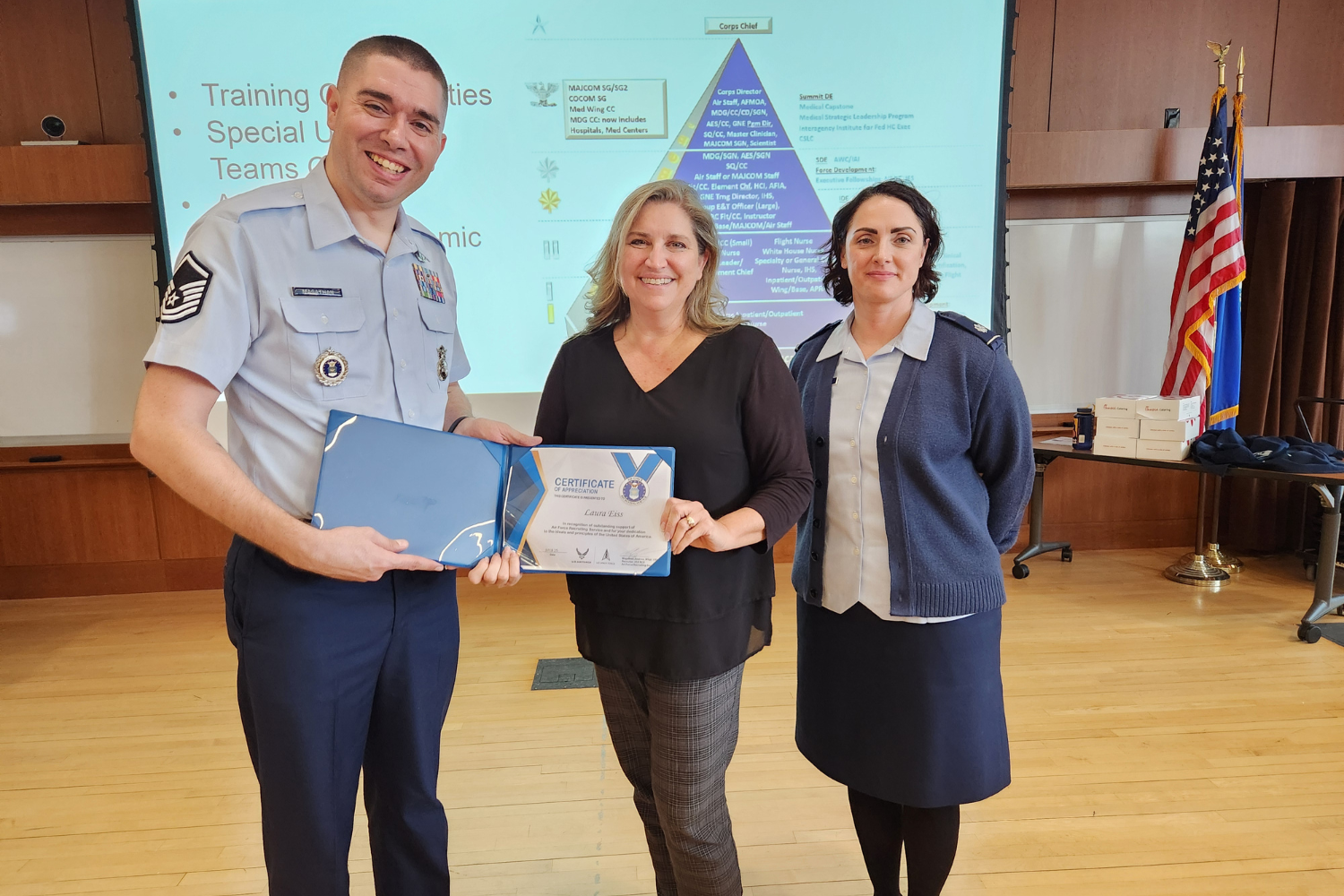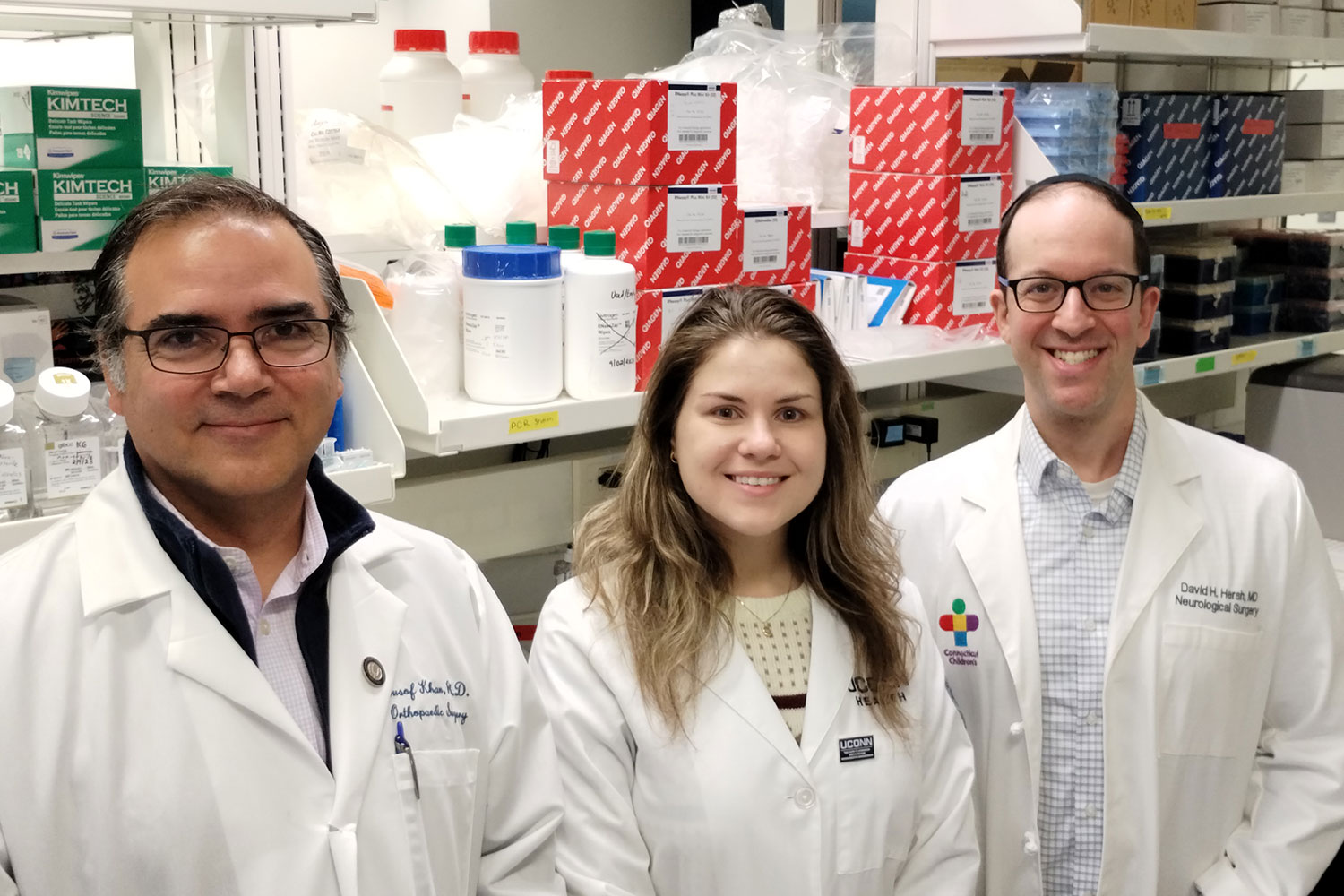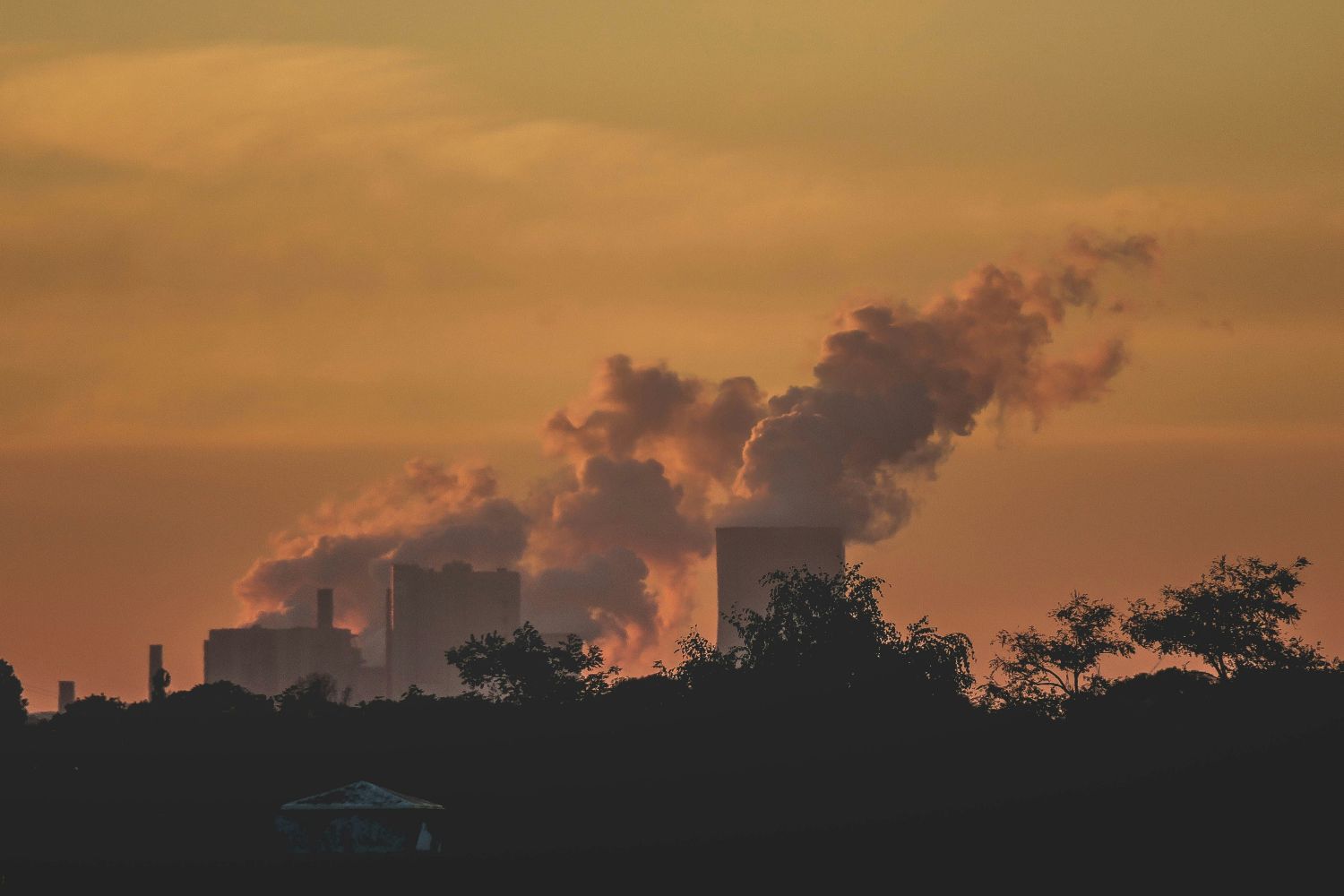 Dean of Engineering Mun Y. Choi is an investigator on a NASA grant aimed at examining the burning behavior of isolated fuel droplets under microgravity conditions. This two-phased project is a collaborative effort involving researchers at NASA, UConn, the University of California – Davis, the University of California – San Diego, Cornell University and Princeton University.
Dean of Engineering Mun Y. Choi is an investigator on a NASA grant aimed at examining the burning behavior of isolated fuel droplets under microgravity conditions. This two-phased project is a collaborative effort involving researchers at NASA, UConn, the University of California – Davis, the University of California – San Diego, Cornell University and Princeton University.
The first project (FLEX-1) will investigate the flame extinguishment process. To enable human exploration of space involving extended periods in transit and in extraterrestrial environments, it is necessary to improve the ability to detect, control, and mitigate fires aboard spacecrafts. This will require researchers to consider the sub-mechanisms and, in particular, the ignition, radiation, extinction, and suppression processes. In essence, microgravity fire safety studies will need to investigate the chemical, thermal, and fluid dynamic effects of available suppression techniques in reducing the flame temperature and inducing flame extinction. The hardware for the FLEX experiment will be flown aboard Space Shuttle Endeavour in November 2008 and transferred to the International Space Station (ISS), where the experiments will be performed in the spring of 2009.
 The second project (FLEX-2) will be more fundamental in nature and will investigate the transient liquid and gas-phase phenomena including flame extinction, soot formation, and radiative heat transfer. These experiments will extend single droplet combustion studies to consider fuel mixtures burning under environments that are relevant to those encountered in practical combustors. The experiments will also be used to develop verified detailed and reduced-order models of droplet combustion. These experiments are expected to be performed on the ISS in the spring of 2010.
The second project (FLEX-2) will be more fundamental in nature and will investigate the transient liquid and gas-phase phenomena including flame extinction, soot formation, and radiative heat transfer. These experiments will extend single droplet combustion studies to consider fuel mixtures burning under environments that are relevant to those encountered in practical combustors. The experiments will also be used to develop verified detailed and reduced-order models of droplet combustion. These experiments are expected to be performed on the ISS in the spring of 2010.



